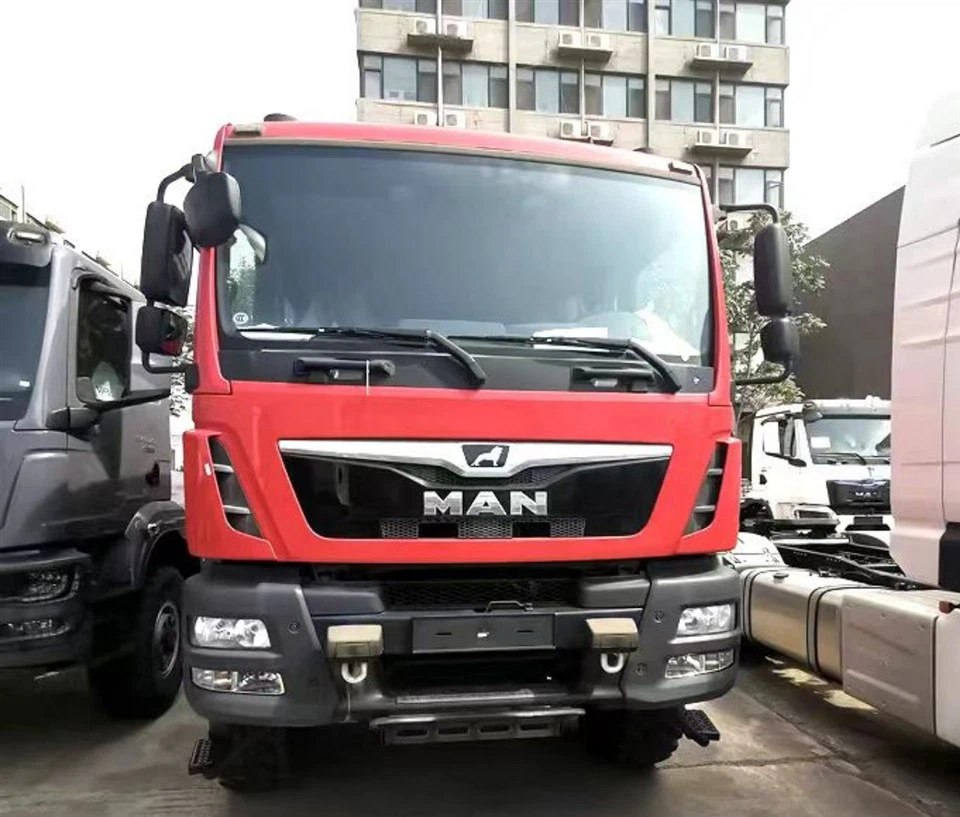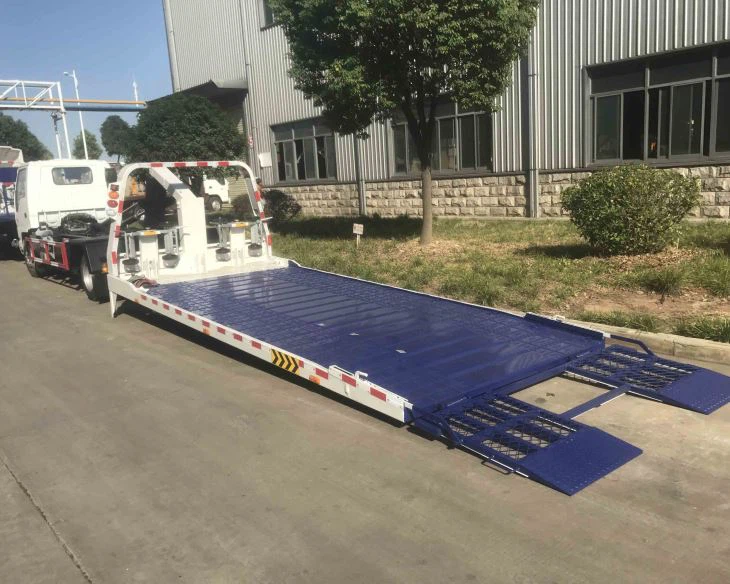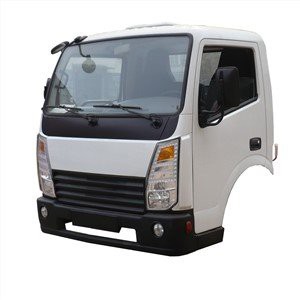All You Need to Know About Class B Wreckers

In the world of towing and recovery, Class B wreckers serve a critical purpose. These vehicles are more than just heavy-duty trucks; they are integral to the automotive recovery industry. This article will explore every aspect of Class B wreckers, including their specifications, types, uses, and maintenance tips. Whether you are a towing professional or simply interested in understanding more about these versatile vehicles, this comprehensive guide has you covered.
What is a Class B Wrecker?
A Class B wrecker is a type of tow truck designed for medium-duty towing and recovery tasks. They are often equipped with specialized technology, making it easier to lift and transport vehicles that are damaged or disabled. Class B wreckers typically have a Gross Vehicle Weight Rating (GVWR) between 10,001 and 26,000 pounds, making them versatile enough to tow a range of vehicles, from cars to small buses.
Specifications of Class B Wreckers

- GVWR: Between 10,001 and 26,000 pounds
- Common Engine Types: Diesel or gasoline engines
- Tow Capacity: Generally 5,000 to 10,000 pounds
- Body Types: Flatbed, sling, or wheel-lift
Common Features of Class B Wreckers
| Feature | Description |
|---|---|
| Hydraulic System | Used for lifting and lowering vehicles |
| Winches | Essential for pulling vehicles onto the wrecker |
| Storage Compartments | For carrying tools and equipment |
| Safety Features | Including emergency lights and reflective strips |
Types of Class B Wreckers
1. Flatbed Wreckers
Flatbed wreckers feature a flat platform that is lowered to the ground. This makes it easy to load vehicles without the risk of further damaging them. Flatbed wreckers are ideal for towing vehicles that are completely inoperable.
2. Wheel-Lift Wreckers
Wheel-lift wreckers use hydraulic arms to lift the vehicle by its wheels. This type is effective for towing vehicles that are not heavily damaged but need to be moved. They are particularly popular for light-duty towing.
3. Integrated Wreckers
Integrated wreckers combine aspects of both flatbed and wheel-lift styles. These versatile trucks can handle a wide range of towing needs, from light-duty to medium-duty tasks.
The Importance of Class B Wreckers in the Industry
- Emergency Services: Class B wreckers are often called upon for emergencies, such as accidents or breakdowns on highways.
- Vehicle Recovery: They are essential for recovering vehicles that have gone off the road or are stuck in difficult positions.
- Transporting Vehicles: Useful for transporting vehicles from one location to another, particularly for dealerships and repair shops.
How to Choose the Right Class B Wrecker
Assessing Your Needs
Before acquiring a Class B wrecker, it is crucial to assess your needs. Consider the following:
- Type of vehicles you typically tow
- The towing capacity you require
- Budget constraints
- Whether you prefer new or used equipment
Brand and Model Considerations
There are numerous brands that manufacture Class B wreckers, including:
- Freightliner – Known for its durability and reliability.
- Ford – Offers a range of options for medium-duty towing.
- International – Popular for advanced features and comfort.
Practical Tips for Operating Class B Wreckers
Safety Protocols
Operating a Class B wrecker requires strict adherence to safety protocols. Ensure you:
- Wear appropriate safety gear
- Conduct pre-trip inspections
- Use spotters when maneuvering in tight spaces
Effective Loading Techniques
When loading vehicles onto a Class B wrecker, follow these tips:
- Always assess the vehicle for any existing damage.
- Utilize the winch carefully to avoid jerking.
- Ensure the load is balanced during transport.
Maintenance Tips for Class B Wreckers
Routine Inspections
Regular inspections are crucial to maintaining the integrity of your Class B wrecker. Check the following components:

- Tires
- Brakes
- Hydraulic systems
- Winches
Scheduled Servicing

Adhere to a scheduled maintenance plan. This should include:
- Oil changes
- Fluid level checks
- Battery maintenance
Cost Considerations for Class B Wreckers
Initial Purchase Price
The cost of a Class B wrecker can vary widely based on brand, model, and features. Prices typically range from $50,000 to $100,000 for new models. For used models, costs can range from $20,000 to $40,000 depending on condition and mileage.
Insurance and Operating Costs
In addition to the purchase price, consider insurance rates and ongoing operational expenses such as fuel, maintenance, and repairs. Investing in good insurance is crucial for protecting your asset against unforeseen incidents.
Legal Regulations Surrounding Class B Wreckers
Operating a Class B wrecker requires compliance with various local, state, and federal regulations. Key considerations include:
- Licensing requirements for drivers
- Regulations surrounding towing and recovery
- Insurance coverage mandates
Common Questions About Class B Wreckers
What is the difference between Class A and Class B wreckers?
Class A wreckers are classified as light-duty vehicles, typically with a GVWR of up to 10,000 pounds. Class B wreckers, on the other hand, have a GVWR ranging between 10,001 and 26,000 pounds, allowing them to tow heavier vehicles.
How much can a Class B wrecker tow?
Typically, a Class B wrecker can tow between 5,000 and 10,000 pounds, depending on its specific design and features.
Are Class B wreckers licensed vehicles?
Yes, Class B wreckers must be licensed and registered according to local and state laws, and drivers usually require specific licenses to operate them.
Can I use my Class B wrecker for personal use?
While Class B wreckers are primarily designed for commercial purposes, they can be used for personal use. However, you must still comply with local regulations and insurance requirements.
What certifications are needed for operating a Class B wrecker?
Operators typically need a commercial driver’s license (CDL) and may require additional certifications depending on the laws in their state or region.
What are the best brands for Class B wreckers?
Some of the top brands known for producing reliable Class B wreckers include Freightliner, Ford, and International. Each brand offers various models tailored for different needs and budgets.
